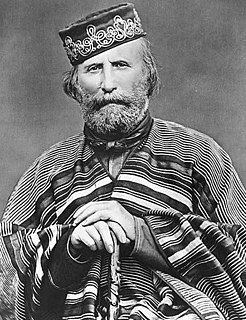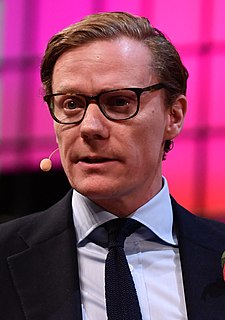A Quote by Paul Tillich
The anxiety of fate is conquered by the self-affirmation of the individual as an infinitely significant microcosmic representation of the universe .
Quote Topics
Related Quotes
The universe must be experienced as the Great Self. Each is fulfilled in the other: the Great Self is fulfilled in the individual self, the individual self is fulfilled in the Great Self. Alienation is overcome as soon as we experience this surge of energy from the source that has brought the universe through the centuries. New fields of energy become available to support the human venture. These new energies find expression and support in celebration. For in the end the universe can only be explained in terms of celebration. It is all an exuberant expression of existence itself.
My first album deals with my anxiety. It wasn't like, to heal my anxiety and by writing an album I'm now healed. It was, here's a sound representation of what it feels like to be in an anxiety attack and that's it. I think we can say the same with image, people look at an image and see a billion different things.
If you are blessed with great fortunes. . . you may love your fate. But your fate never guarantees the security of those great fortunes. As soon as you realize your helplessness at the mercy of your fate, you are again in despair. Thus the hatred of fate can be generated not only by misfortunes, but also by great fortunes. Your hatred of fate is at the same time your hatred of your self. You hate your self for being so helpless under the crushing power of fate.
The universe shudders in horror that we have this infinitely valuable, infinitely deep, infinitely rich, infinitely wise, infinitely loving God, and instead of pursuing him with steadfast passion and enthralled fury — instead of loving him with all our heart, soul, mind, and strength; instead of attributing to him glory and honor and praise and power and wisdom and strength — we just try to take his toys and run. It is still idolatry to want God for his benefits but not for himself.
It is very difficult to explain this feeling to anyone who is entirely without it, especially as there is no anthropomorphic conception of God corresponding to it. The individual feels the nothingness of human desires and aims and the sublimity and marvelous order which reveal themselves both in Nature and in the world of though. He looks upon individual existence as a sort of prison and wants to experience the universe as a single significant whole.
In a man like Friedrich von Schlegel the courage to be as an individual self produced complete neglect of participation, but it also produced, in reaction to the emptiness of this self-affirmation, the desire to return to a collective. Schlegel, and with him many extreme individualists in the last hundred years, became Roman Catholics. The courage to be as oneself broke down, and one turned to an institutional embodiment of the courage to be as a part.





































